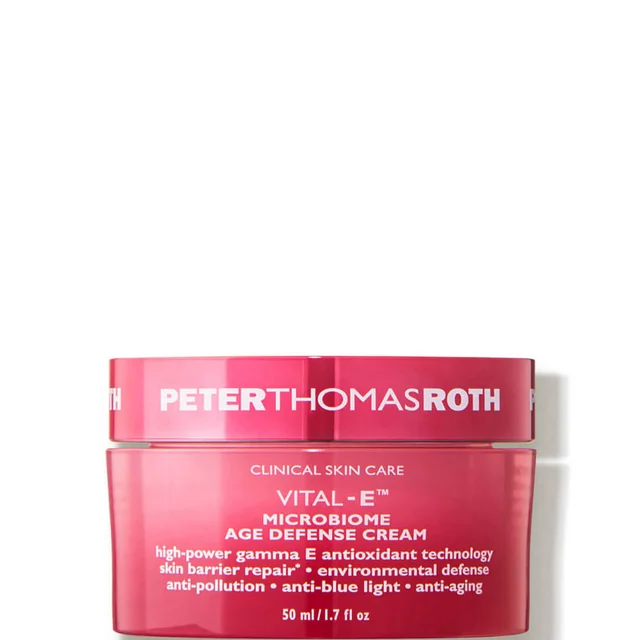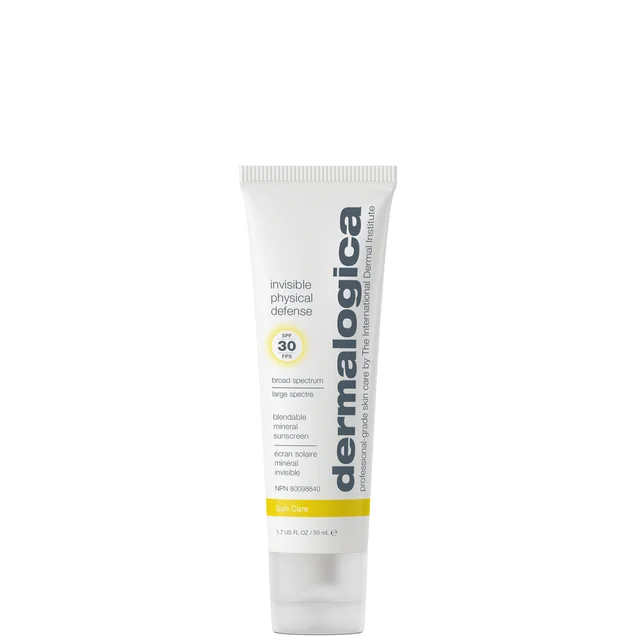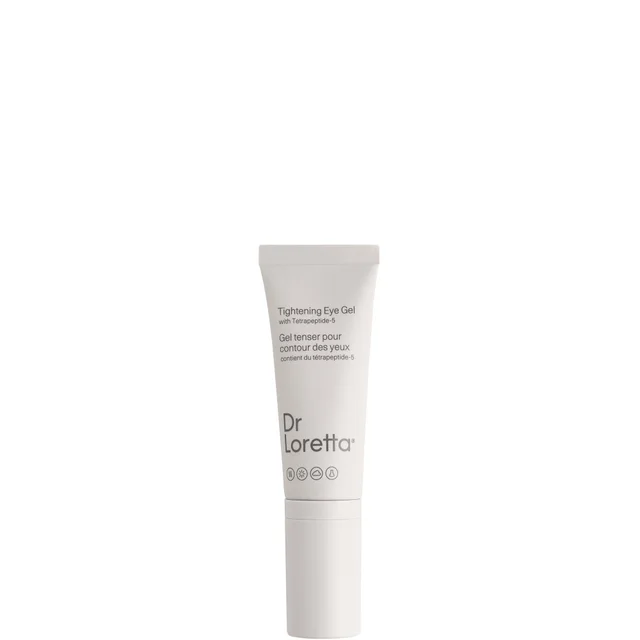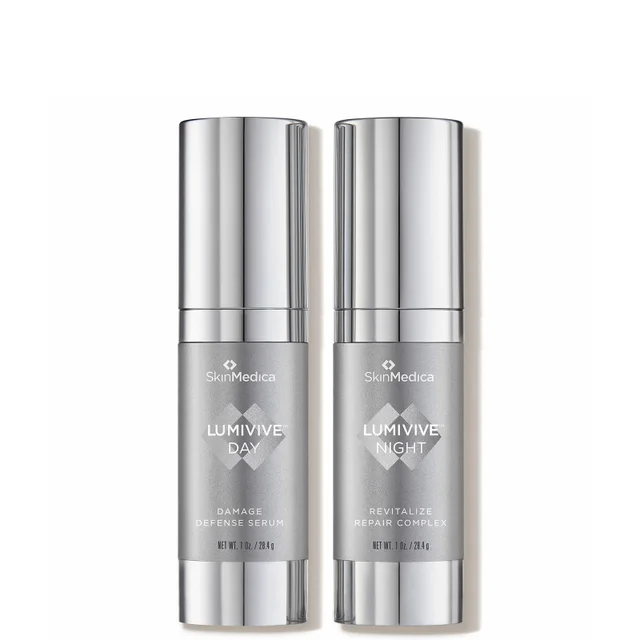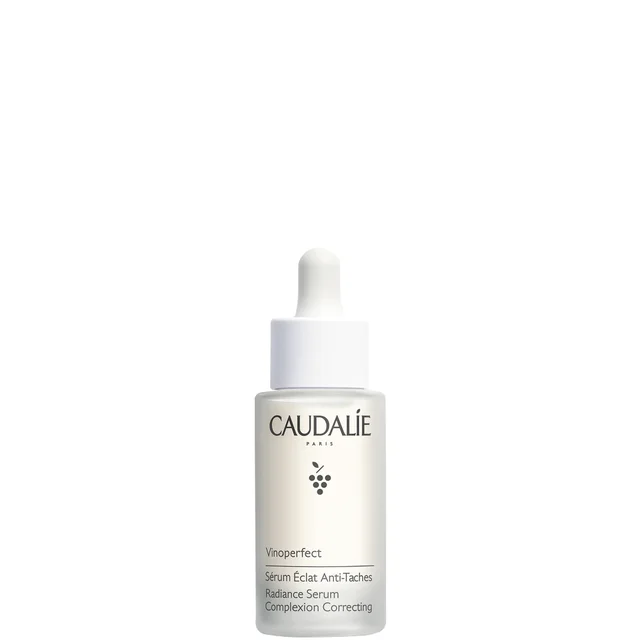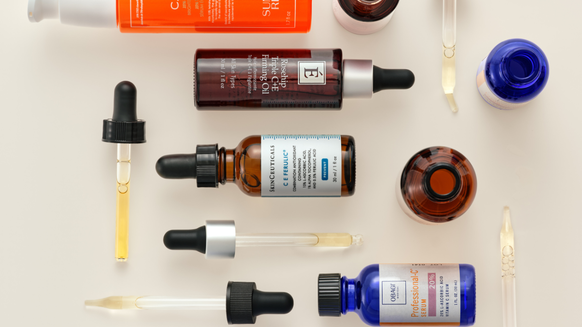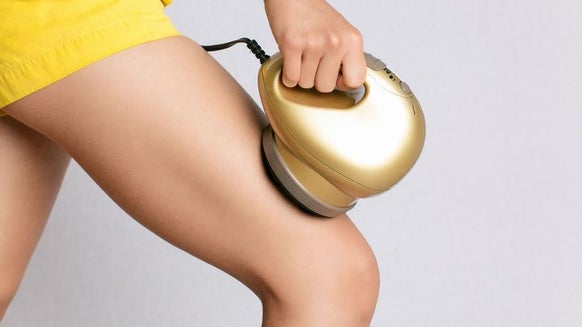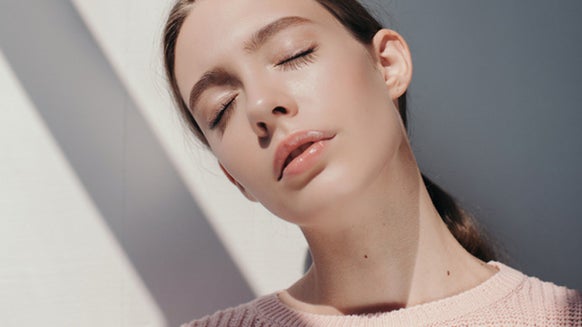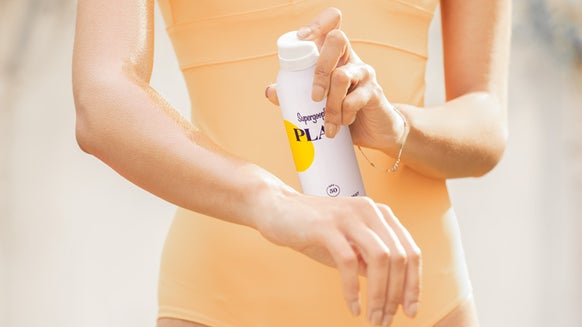Should You Be Worried About Blue Light? We Investigate.
The past year has altered the way we go about our daily lives. Now more than ever, we spend a significant chunk of our day glued to our screens—whether it’s for work, leisure or socializing with friends. But what many of us may not realize is that the more time we spend in front of our laptops and mobile phones, the more harm we may be doing to our skin.
As it turns out, digital eye strain is not the only reason you should consider taking your screen time down a notch. Constant exposure to blue light emitted by TV screens, computers and other digital devices can also harm your skin and—just like UVA and UVB rays—may cause premature skin aging.
What Is Blue Light?
High-energy visible (HEV) light or blue light is a high-frequency, short-wave light in the violet/blue band with wavelengths that range from 400 to 450 nanometers, explains Dr. Hadley King, a board-certified dermatologist in New York City. It accounts for 50 percent of the sunlight spectrum and is the only part of light that is visible to the naked eye. The majority of our exposure to blue light is caused by the sun, but it’s also emitted by devices like smartphones, tablets and televisions along with fluorescent and LED bulbs from indoor lighting, adds Dr. King.
According to the American Academy of Ophthalmology, natural exposure to blue light (from sunlight) during the day can stimulate alertness, improve memory and elevate your mood. At night, however, staring at your laptop or e-book reader before bedtime can disrupt your body’s circadian rhythm, making it harder to get a good night’s rest.
Does Blue Light Damage Skin?
Several studies have long since proven that blue light affects the body’s natural sleep-wake cycle. And in the last couple of years, we have also seen increasing evidence on the potential threats that long-term exposure to HEV light can pose to our skin. In fact, a 2020 study revealed that although the full effects of repeated and extended exposure to blue light is yet to be fully understood, results show that it can “increase the amount of DNA damage, cell and tissue death and injury, eye damage, skin barrier damage and photo-aging.”
This is because like UVA and UVB rays, blue light can induce oxidative stress, which occurs when free radicals overwhelm the body’s cells. “This can speed up the aging process by damaging cells. It may increase skin pigmentation and cause disruption of skin barrier function,” adds Viseslav Tonkovic-Capin, MD, a board-certified dermatologist in Clinton, Miss.
Does Blue Light From Devices Cause Wrinkles?
When it comes to HEV light emitted by smartphones and other similar devices, a 2018 research study suggests that your selfie habit may be to blame for those newly sprouted wrinkles and dark spots. According to the study, even short-term exposure to blue light from electronic devices can “increase the generation of reactive oxygen species” as skin is a primary target of oxidative stress. Blue light is also known to penetrate the skin deeper, damaging essential proteins and resulting in wrinkles and loss of firmness.
“Blue light contributes to premature aging, pigmentation, eye damage, cataracts, cell shrinkage, wrinkles and photo damage,” adds Dr. Azza Halim, a board-certified physician in Boca Raton, FL, specializing in aesthetic and regenerative medicine and anti-aging treatment. “In one study, the side of the face that individuals rest their cell phone on showed increased pigmentation and photo damage compared to the other side of the face.”
How to Protect Skin from Blue Light Damage
Reducing your exposure to blue light is the easiest way to spare your skin (and body) from its unwanted side effects. But these days, this may be easier said than done considering that laptops, smart phones and other digital devices are now a necessity in our everyday routine.
To lessen your exposure to blue light, here are some practical tips from Dr. Halim:
- Cut down screen time by taking regular breaks from your screen to rest your eyes and limit exposure. Aim for five-minute breaks every half hour.
- Invest in blue-light screen filters for your phone, tablet or computer.
- Enable the “night mode” option on your computer, smart phones and other devices to reduce the amount of blue light emission.
When it comes to skin care, sunscreen remains your best defense against photo-aging. But it also pays to make room in your skin care routine for products that counter blue-light side effects—especially since your exposure to HEV light continues long after the sun has set. It is even more important if you’re dealing with rosacea and other skin conditions that flare up when exposed to the sun.
“Products high in vitamin C and antioxidants are great because they are skin-protective and combat the effects of free radicals. Ingredients commonly found in sunscreen like zinc oxide and titanium dioxide are also important to look out for in products,” adds Dr. Halim.
Best Products for Blue Light Protection
Ready to add blue light protection to your skin care routine? Here are our top picks for best products that keep blue light–induced skin-aging at bay.

Janeca Racho is a Journalism graduate with over 15 years of writing experience. After getting her start in public relations and advertising, she made the switch to freelance writing and began working for various lifestyle, fashion, and travel brands. Her love for all things skincare has led her to beauty reporting and research for the last ten years. Writing for several hair and beauty blogs, she reports on anti-aging staples, trending brands and products, must-have ingredients, and health and wellness.
